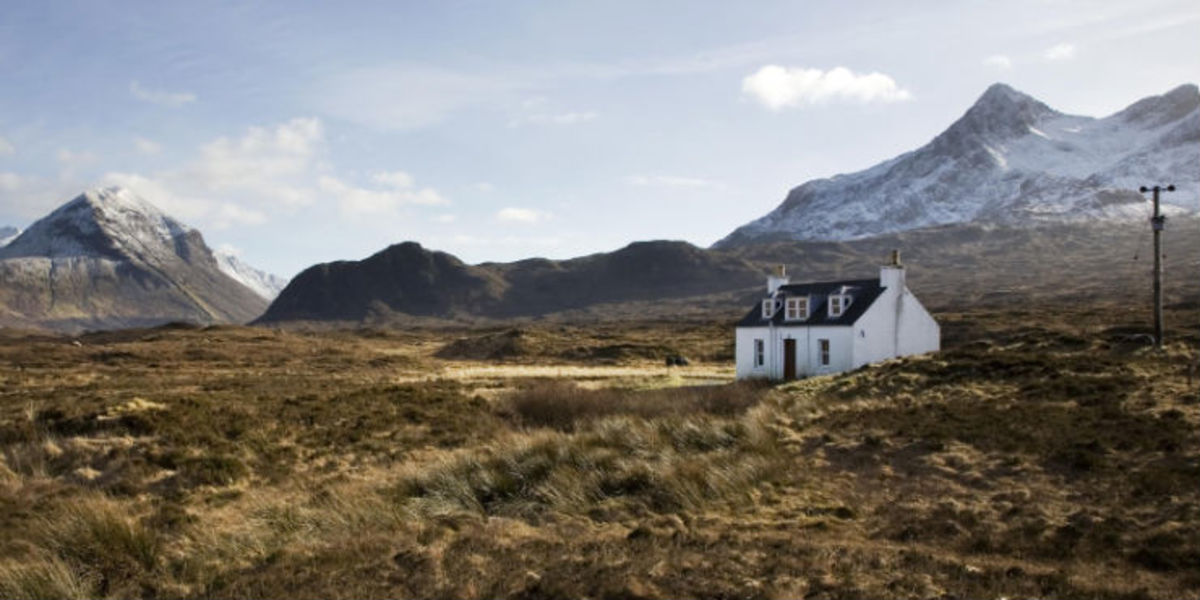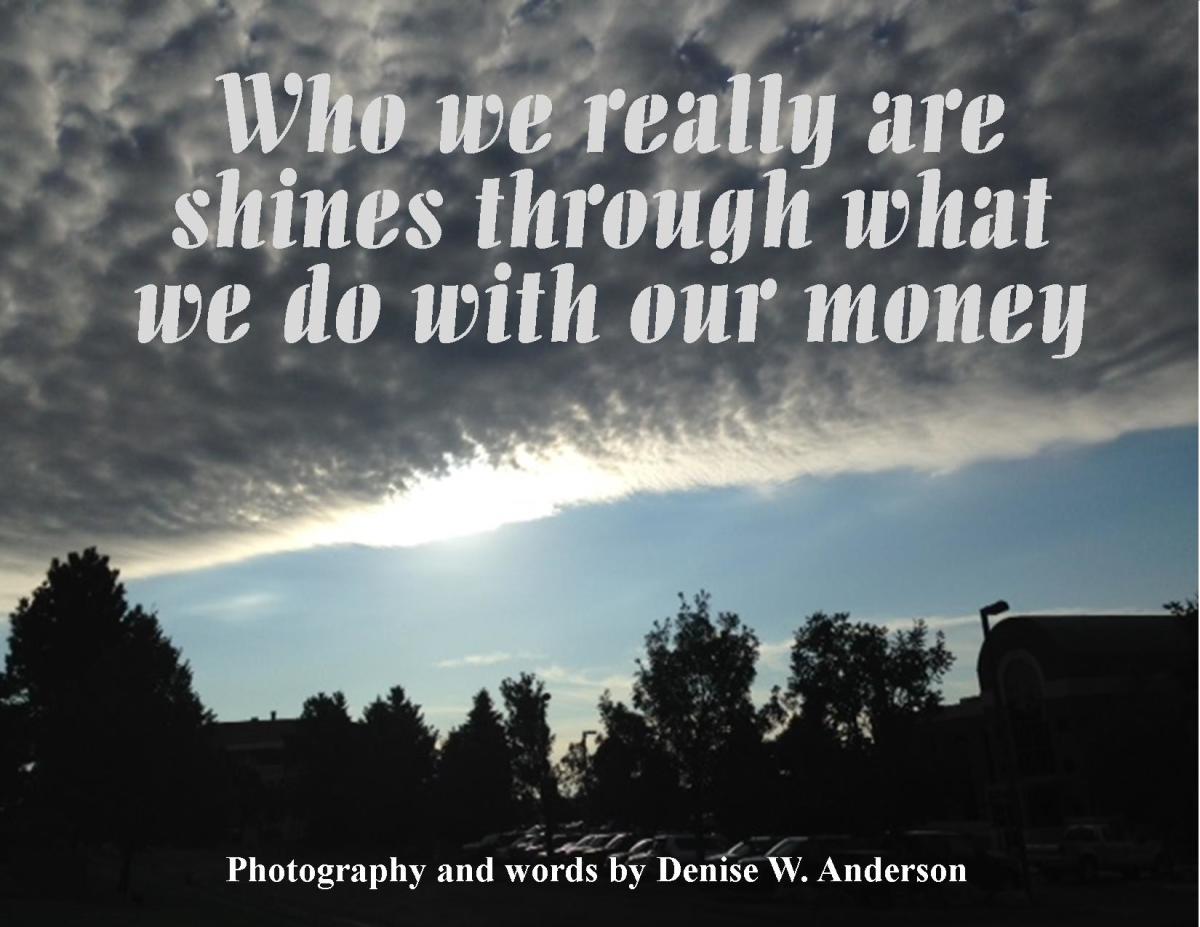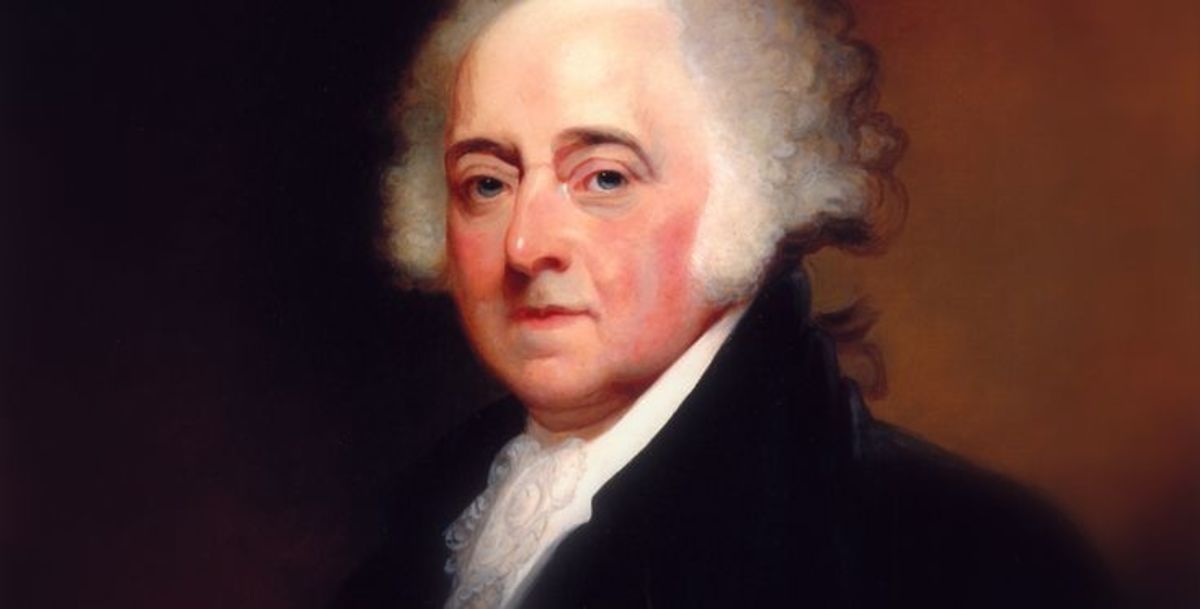Is A House an Asset or a Liability?
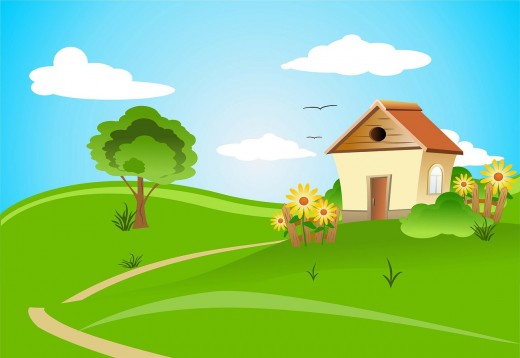
It is a traditional view that house is an asset and in accounting, you classify real estate under fixed assets or long term investments. Having a beautiful house is viewed as a symbol of being financially secure, well-off or rich. Here are the reasons house is considered an asset.
1. Capital Appreciation
A house appreciates in value especially if the location is good. You can buy it in cash or installment at a cheaper price and then as time passes you can sell it at a higher price and cash in on the substantial gain.
2. No Need to Pay Rent
You can lay back and relax monthly without having to worry to pay for rent. This is turn saves money and free up cash to be spent on other things or put into savings.
3. Extra Income from Airbnb
You can earn by renting out extra rooms in your house. Actually this is used by some to supplement in paying the mortgage and sometimes even cover the entire mortgage.
However, modern gurus on financial literacy, personal finance and budgeting have started giving advice to not consider a house as a liability rather than as an asset.
This is a way of looking at the purchase of a house from a new perspective. It is said that if you follow the principle and definition that Asset is something that brings in cash into your pocket while Liability is something that drains your pocket of money.
The reasons are:
1. Purchase Cost
This can either be outright cash payment in full or installment in the form of mortgage payments. This will surely hugely reduce your disposable income considering that houses are very expensive and take years even decades to pay for an average earner.
2. Maintenance Cost
There are a lot of expenses that go along with keeping a house like repair and maintenance cost, property taxes, insurance expense, homeowner's association fees and utility bills.
3. Liquidity
If you need cash right now, selling the house will take some time. Thus your money is tied up in the structure.
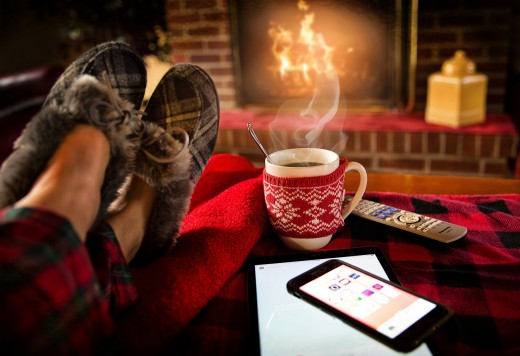
In conclusion, freedom comes once you have fully paid your mortgage and minimized your expenses. Minimalism will come in handy in this aspect.
Or you can follow the other route which is to grow wealth first by saving and investing before buying a house.
Whichever way you choose, the important part is you have peace of mind and happiness.
Key Takeaway:
There are inspiring stories of people who tried alternative ways of having places to live like turning a van into a house and traveling around the country, refurbishing an old school bus, building a tiny house on a trailer with reclaimed materials. Each has its own charm and challenges. They were able to do this by being creative, downsizing to the bare essentials and even learning to do it themselves by building the houses themselves without prior building experience but simply learning from youtube videos.
One particular yoga teacher even incorporated in her tiny house things that encourage movement, an old piano teacher retired on a tiny house with a patio with jacuzzi fit for 2 persons. How cool is that?
These days of digital nomads and world travelers, we see the importance of having a base where you feel grounded, comfortable and secure which a traditional gives. Although people tend to search for adventure, it is equally wonderful to have a place to retreat to, to recharge and enjoy the stability of a home.


